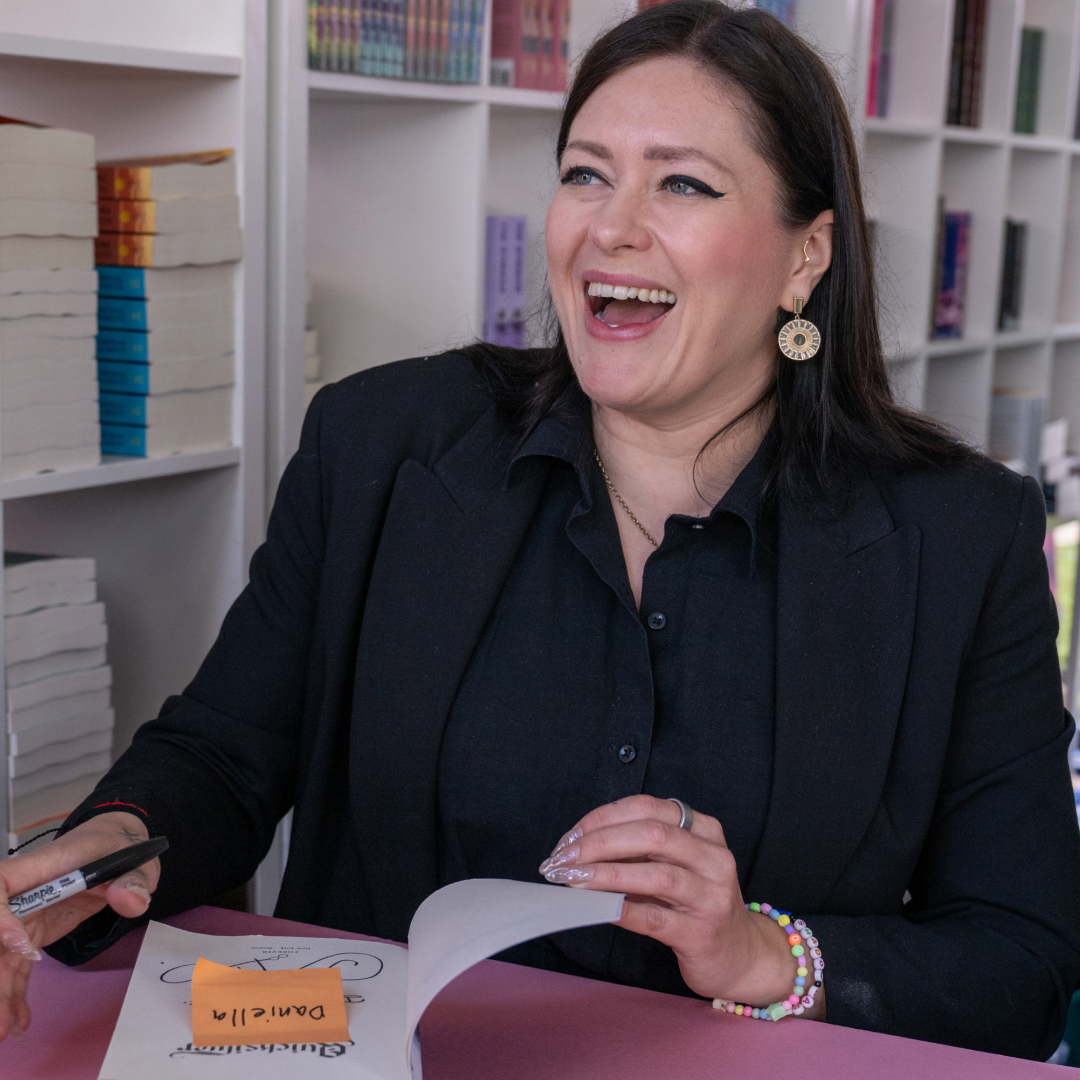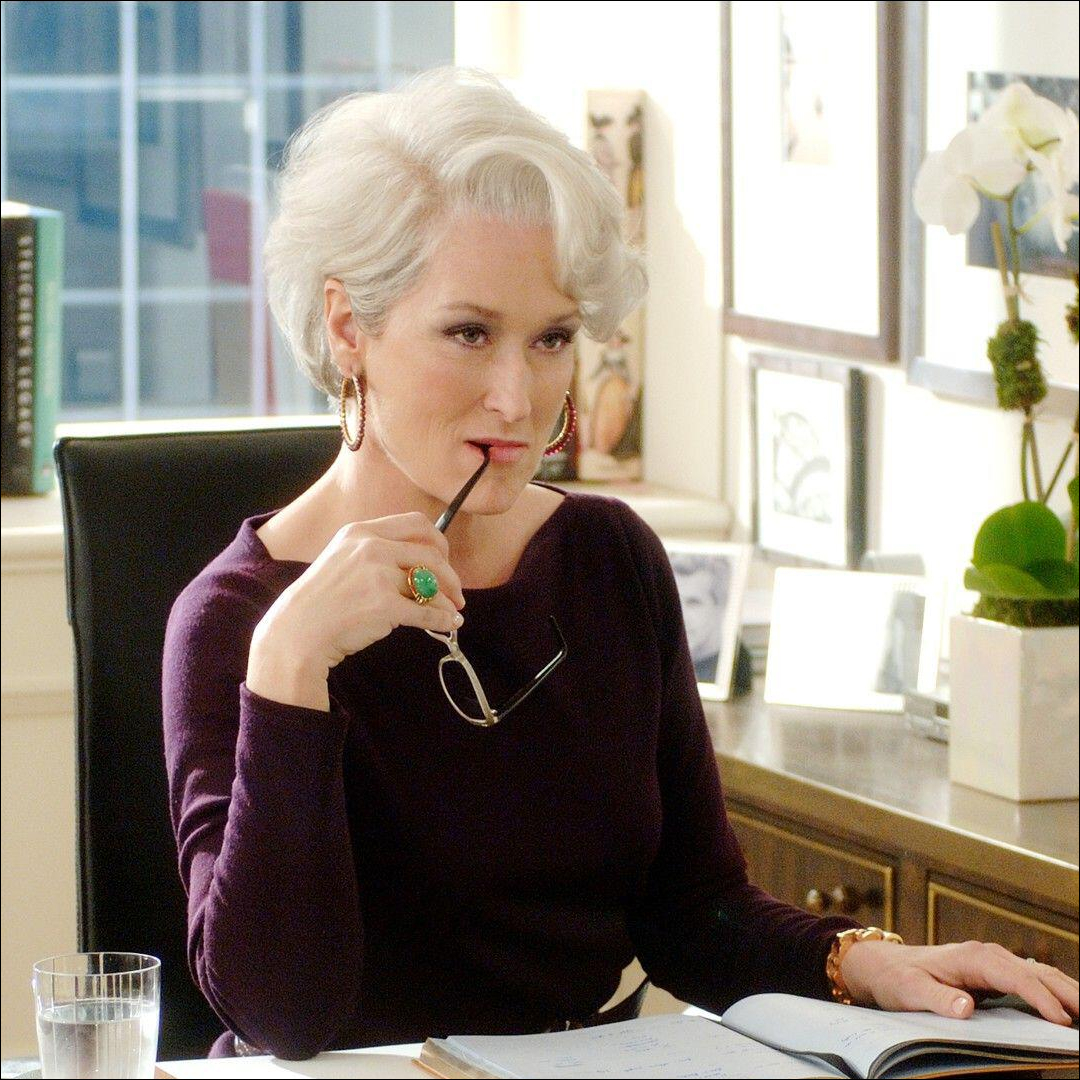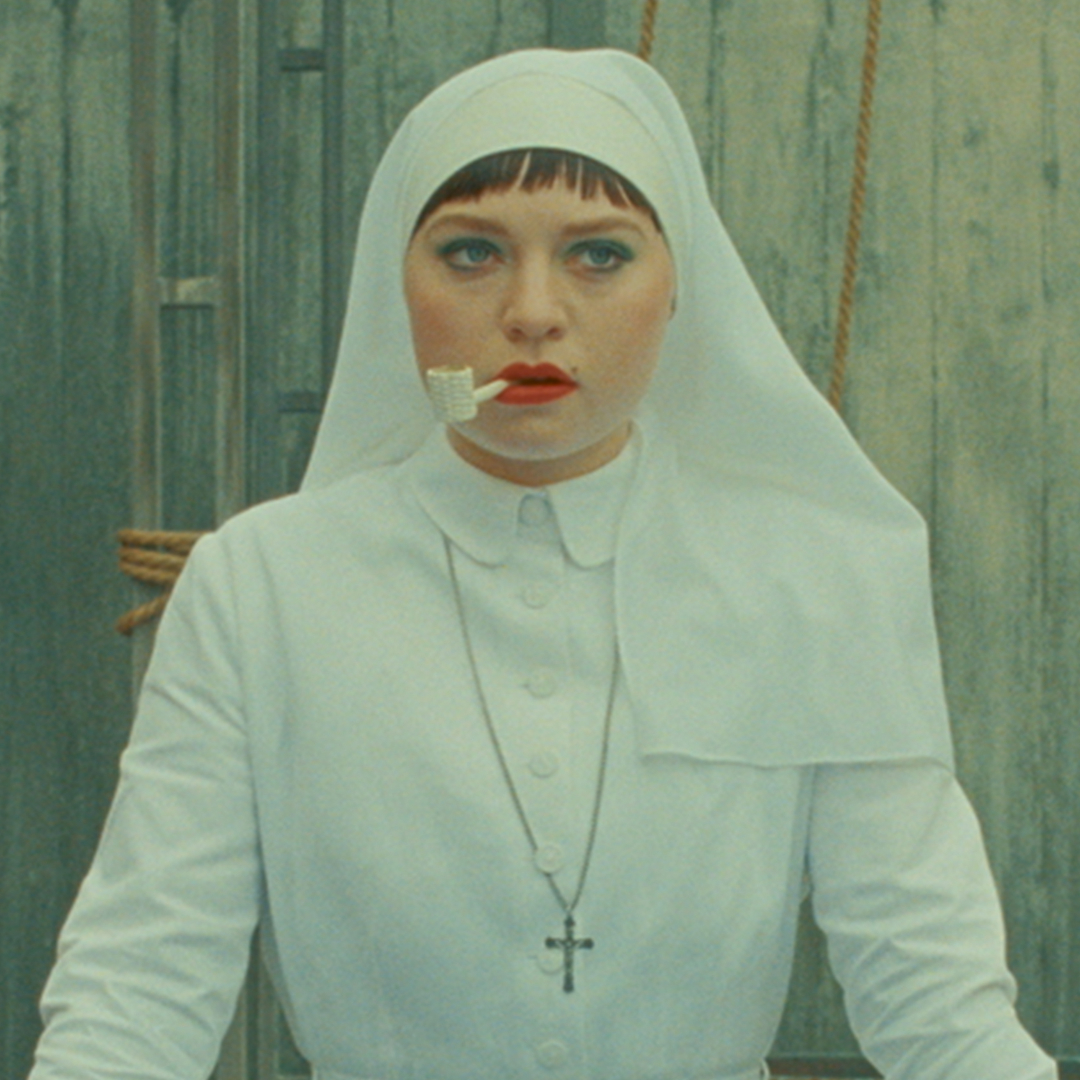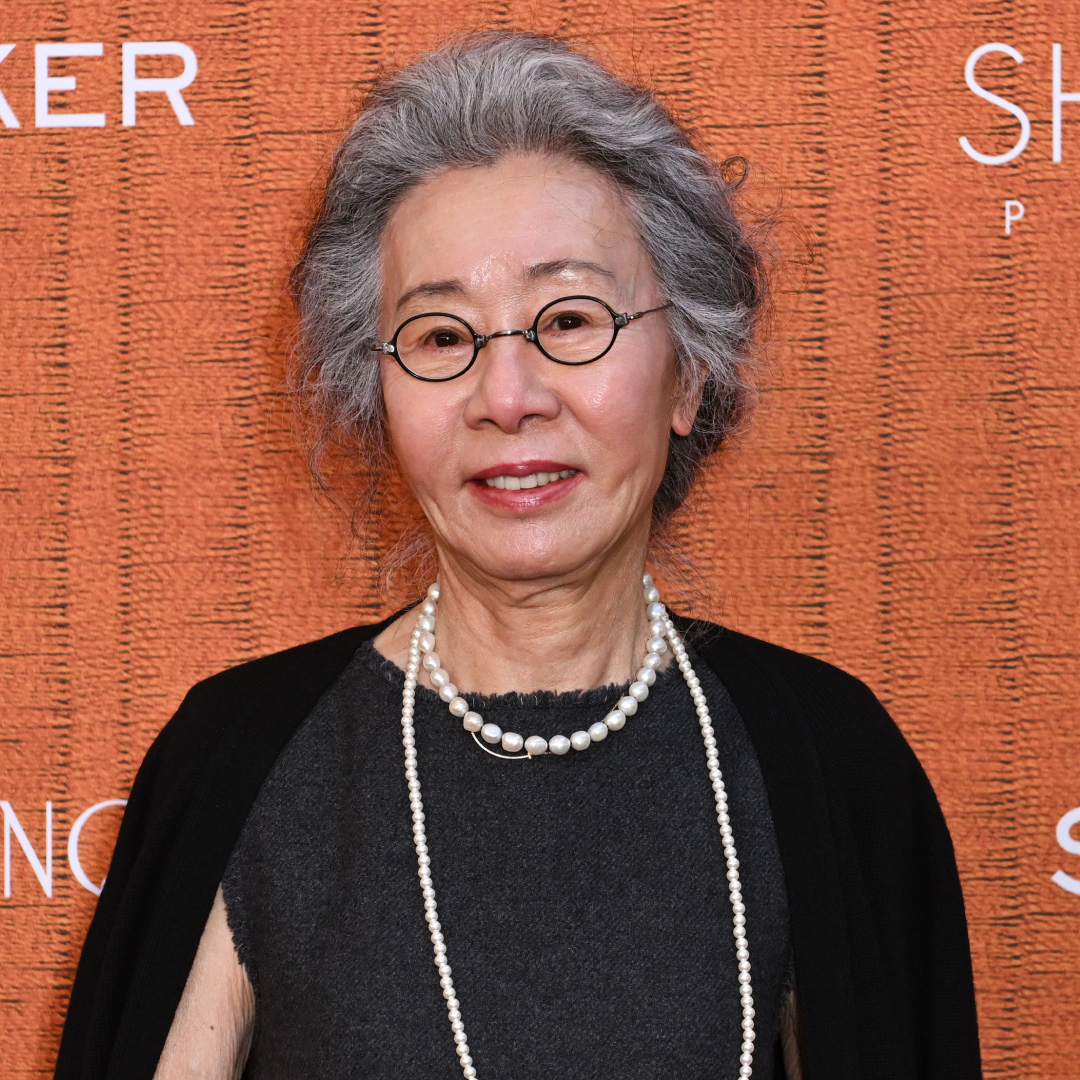Movies
Marie Claire's guide to the films and movies you shouldn't miss.
-
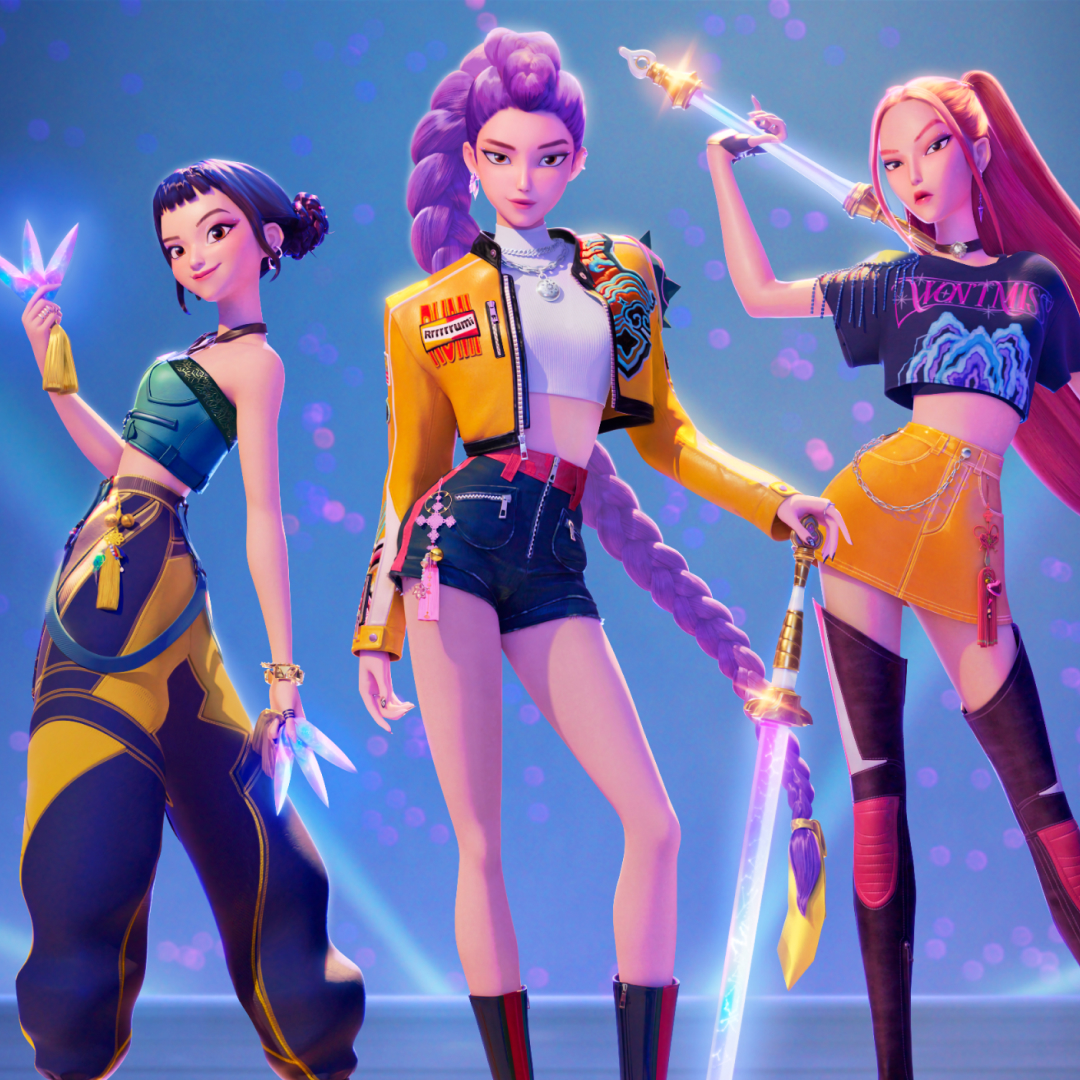
'KPop Demon Hunters' Is Voiced by Real-Life Hitmakers. Meet the Cast of Netflix's Animated Sensation
HUNTR/X is about to be your new favorite fictional band.
By Quinci LeGardye Last updated
-
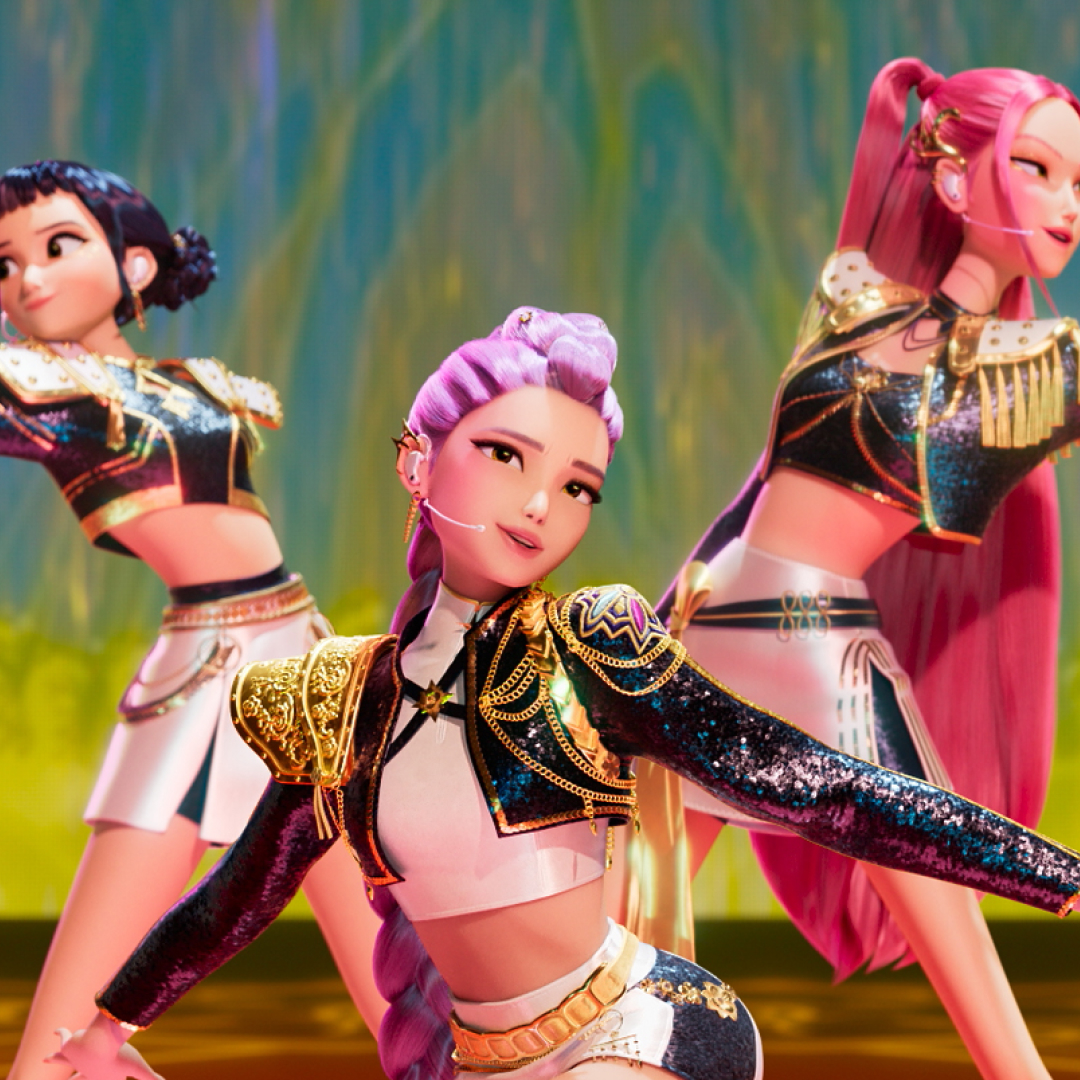
'KPop Demon Hunters' Is the Surprise Hit of the Summer—Will Netflix Give Fans a Sequel?
The animated action-musical has been co-signed by BTS, TWICE, and even the Academy.
By Quinci LeGardye Published
-

Ivanna Sakhno Is Hacking the Blockbuster Mainframe
The actress, who stars as the killer robot AMELIA in 'M3GAN 2.0,' opens up about finding humanity for her AI character.
By Sadie Bell Published
-
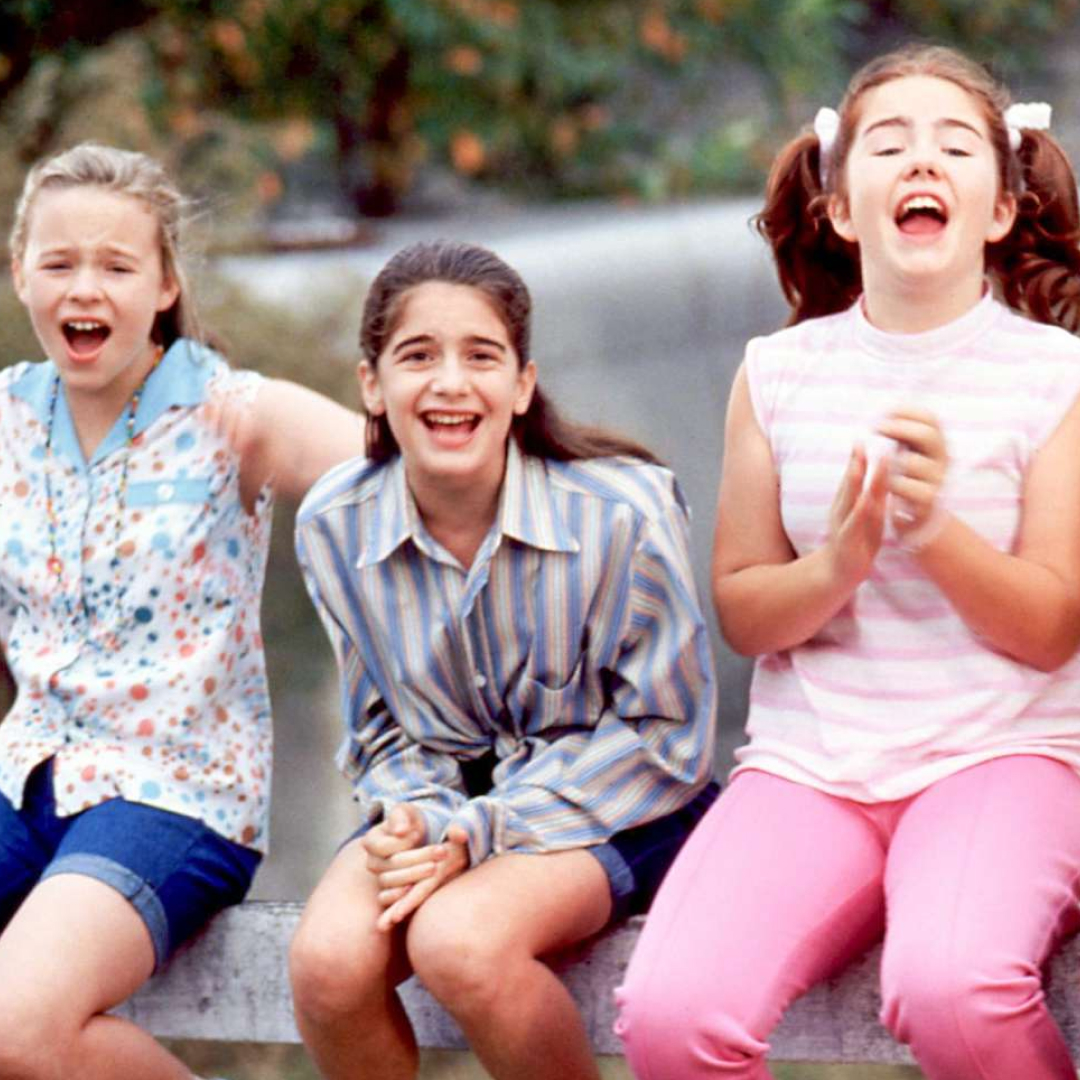
36 Nostalgic, Sunny Movies That Just Feel Like Summer
Beat the heat by staying in and watching one of these classics.
By Nicole Briese Last updated
-
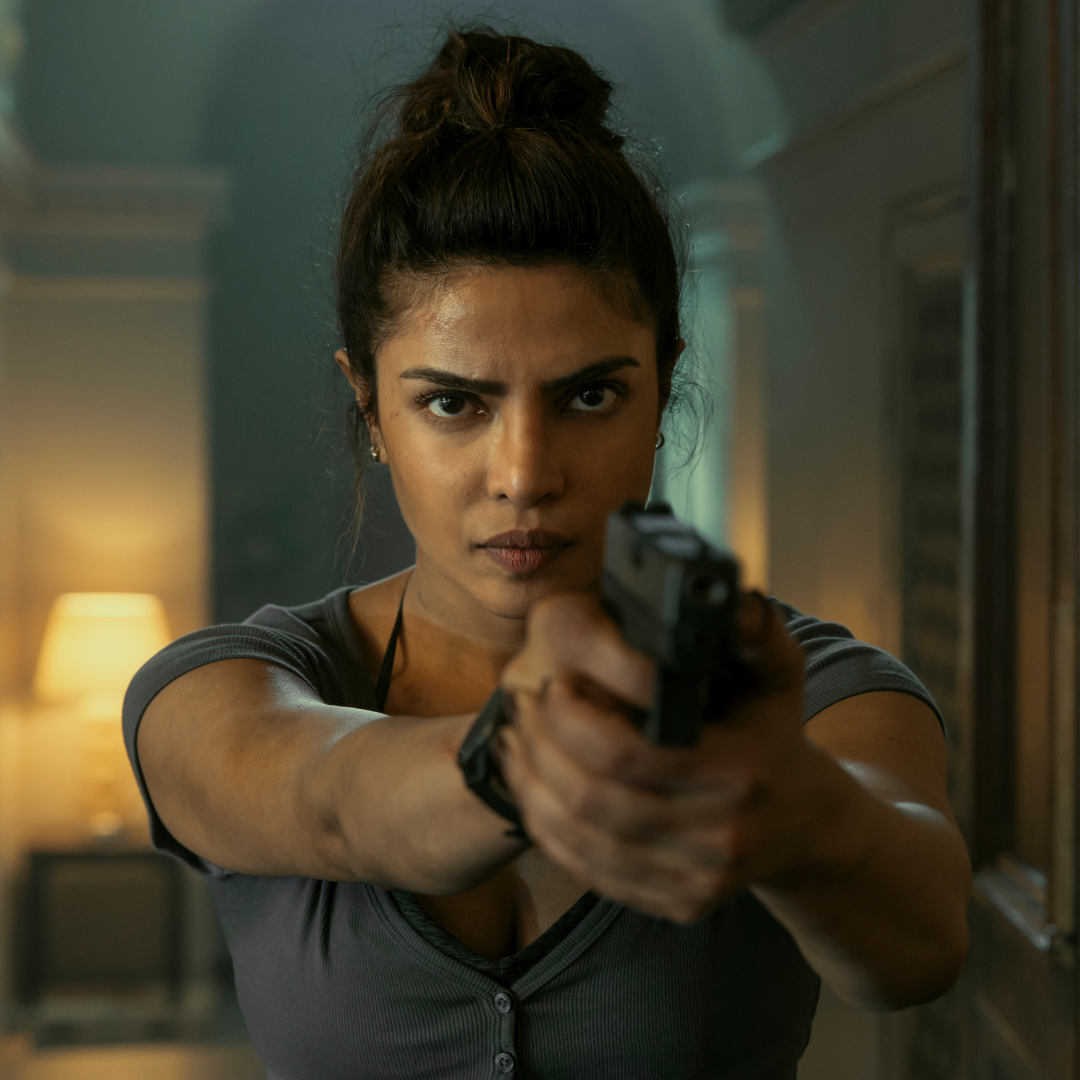
Women Lead This Summer's Action Blockbusters—Here's What's Worth Seeing
We rounded up the best high-octane entertainment of the year so far, and what's coming soon.
By Sadie Bell Last updated
-
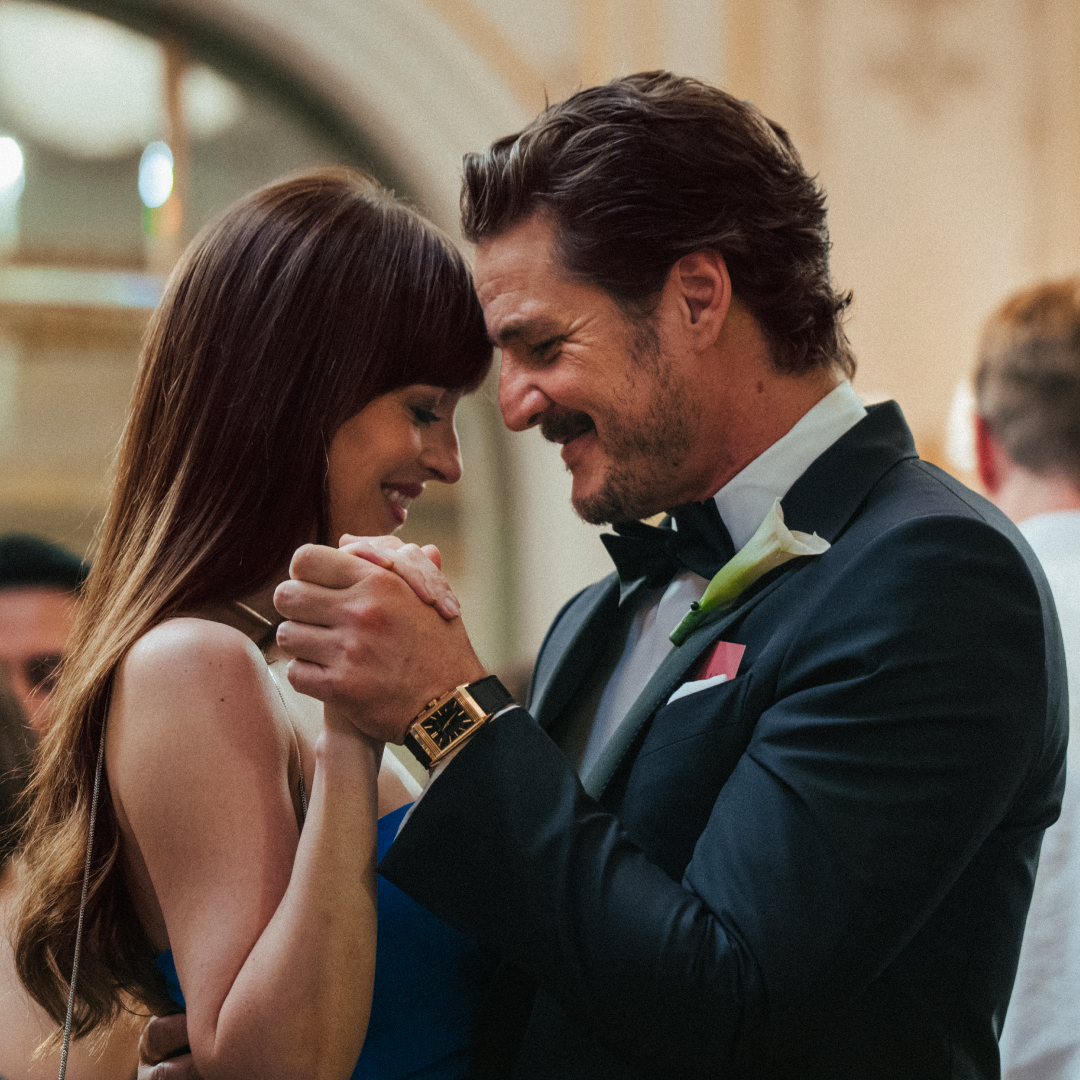
Allow the 18 Best Romance Movies of the Year So Far to Sweep You Off Your Feet
No summer fling? No problem.
By Quinci LeGardye Last updated
-
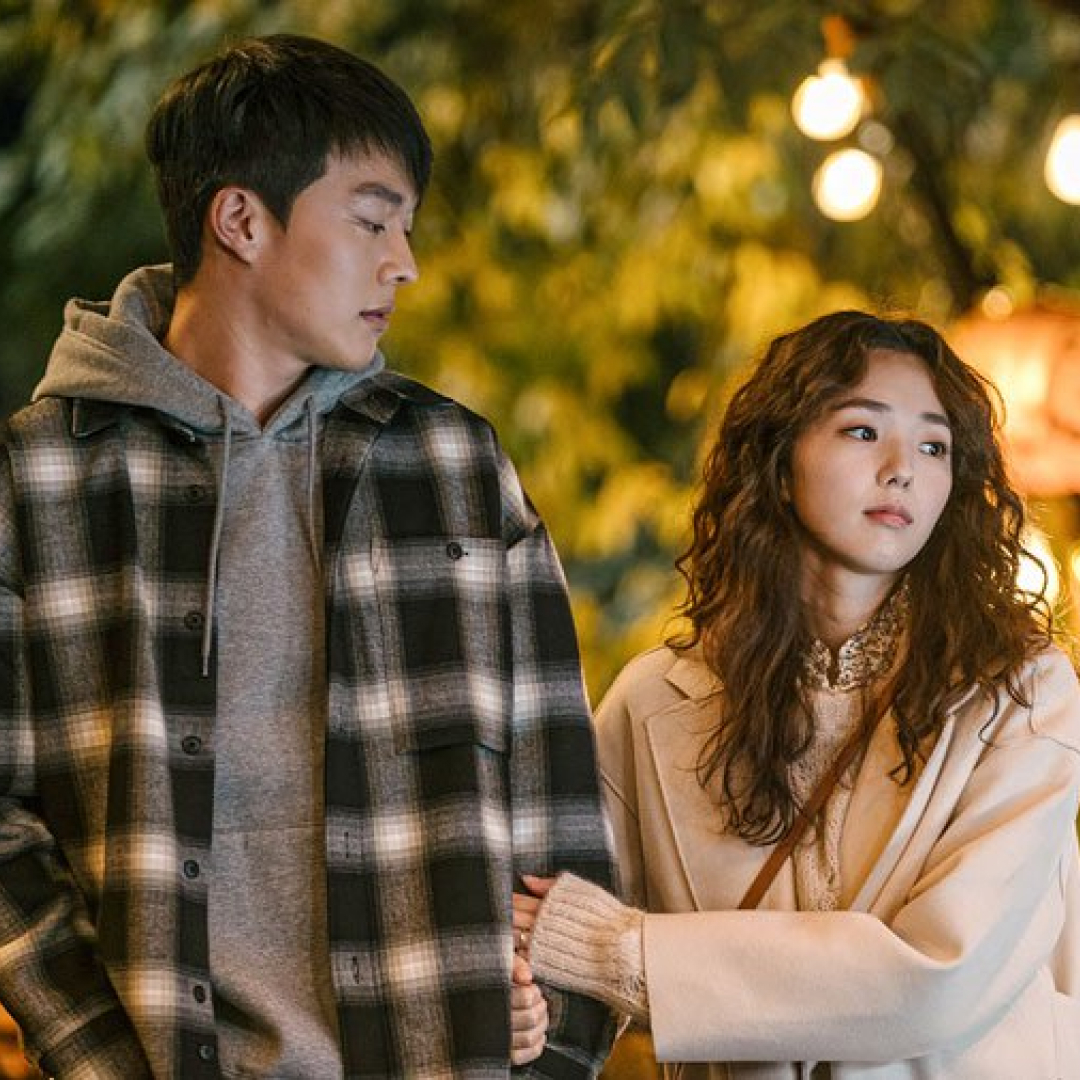
If You're in the Mood for a Great Romance, Nothing Compares to These Korean Movies
They'll shatter your heart, then put it back together again.
By Marina Liao Last updated
-
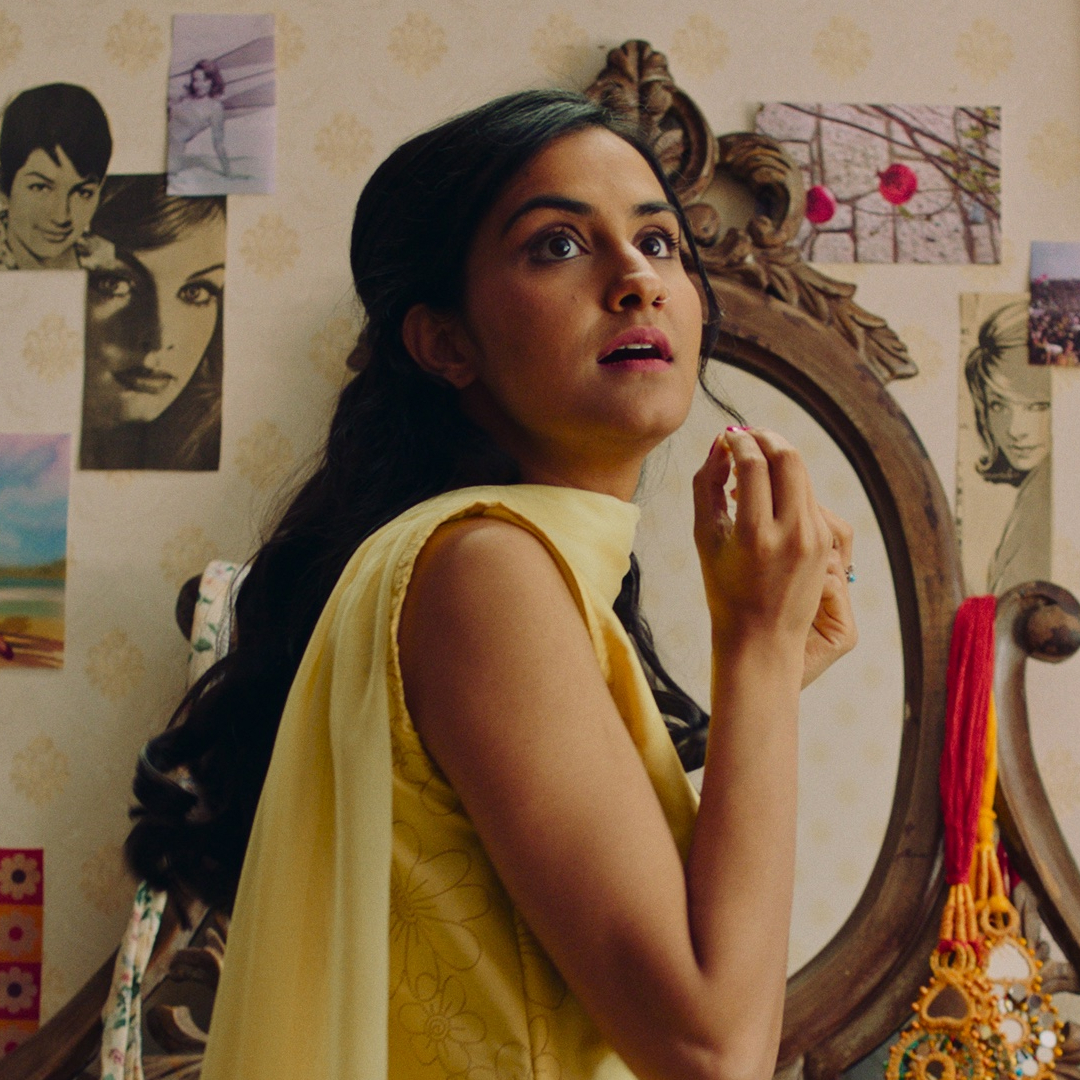
'The Queen of My Dreams' Is a Love Story for the Ages
Director Fawzia Mirza discusses how her film, which shows a vibrant 1960s Pakistan, came to life using bespoke fashion, cinematic storytelling, and a nod to her own family.
By Radhika Menon Published
-

We Had a Luxury Matchmaker Tell Us Just How Realistic 'Materialists' Is
She broke down everything in the film starring Dakota Johnson, from unicorns to non-negotiables.
By Kerensa Cadenas Published
-

30 Coming-of-Age Films That Remind You How Hard—and Beautiful—Growing Up Is
From award-winning dramas to heartfelt comedies.
By Samantha Leal Last updated
-
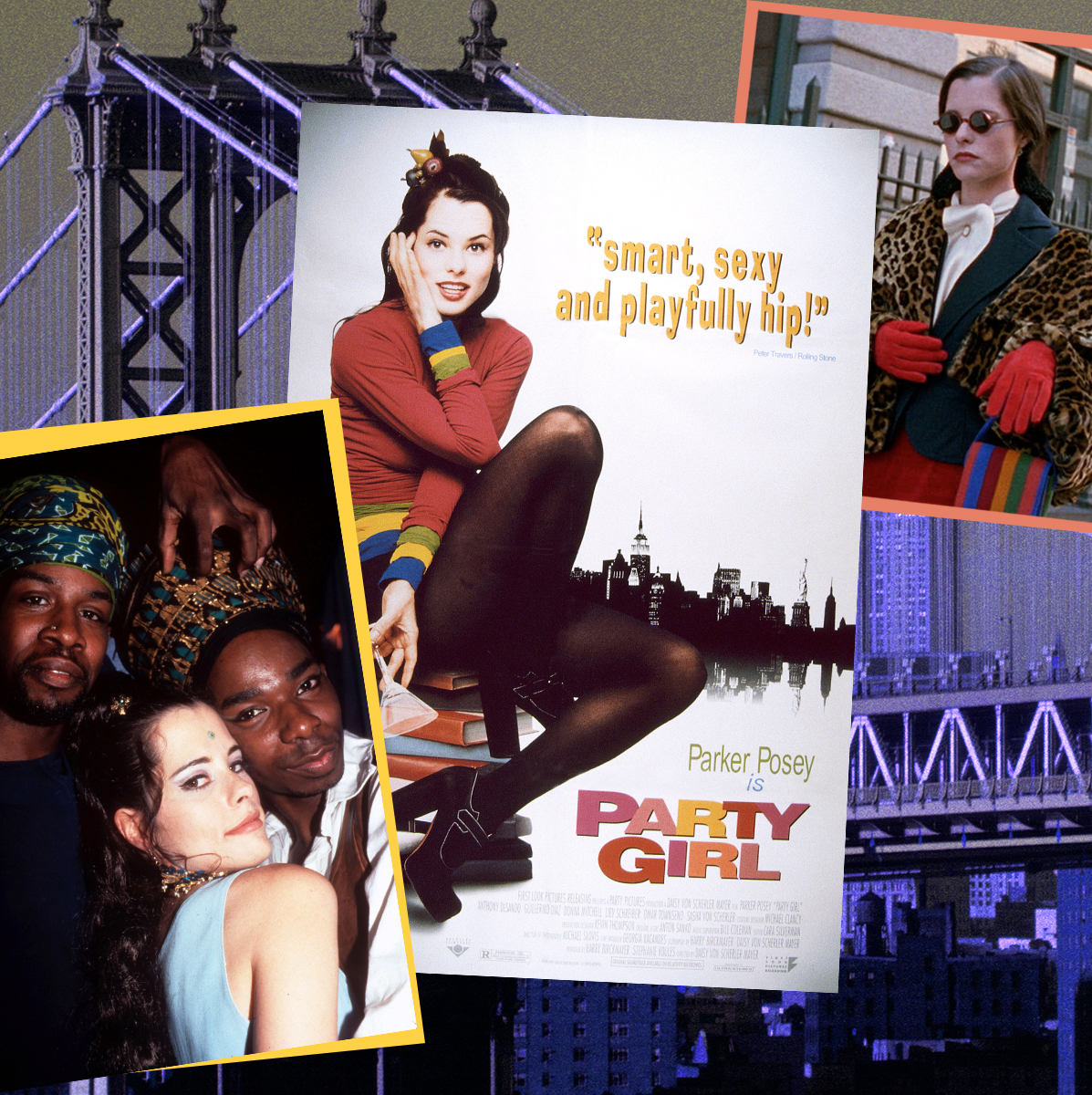
'Party Girl' Embraced the "Unlikable Female Lead" 30 Years Before It Became a Hollywood Trend
As the cult classic celebrates its anniversary, Parker Posey and filmmaker Daisy von Scherler Mayer reflect on how ahead of its time it was.
By Sadie Bell Published
-
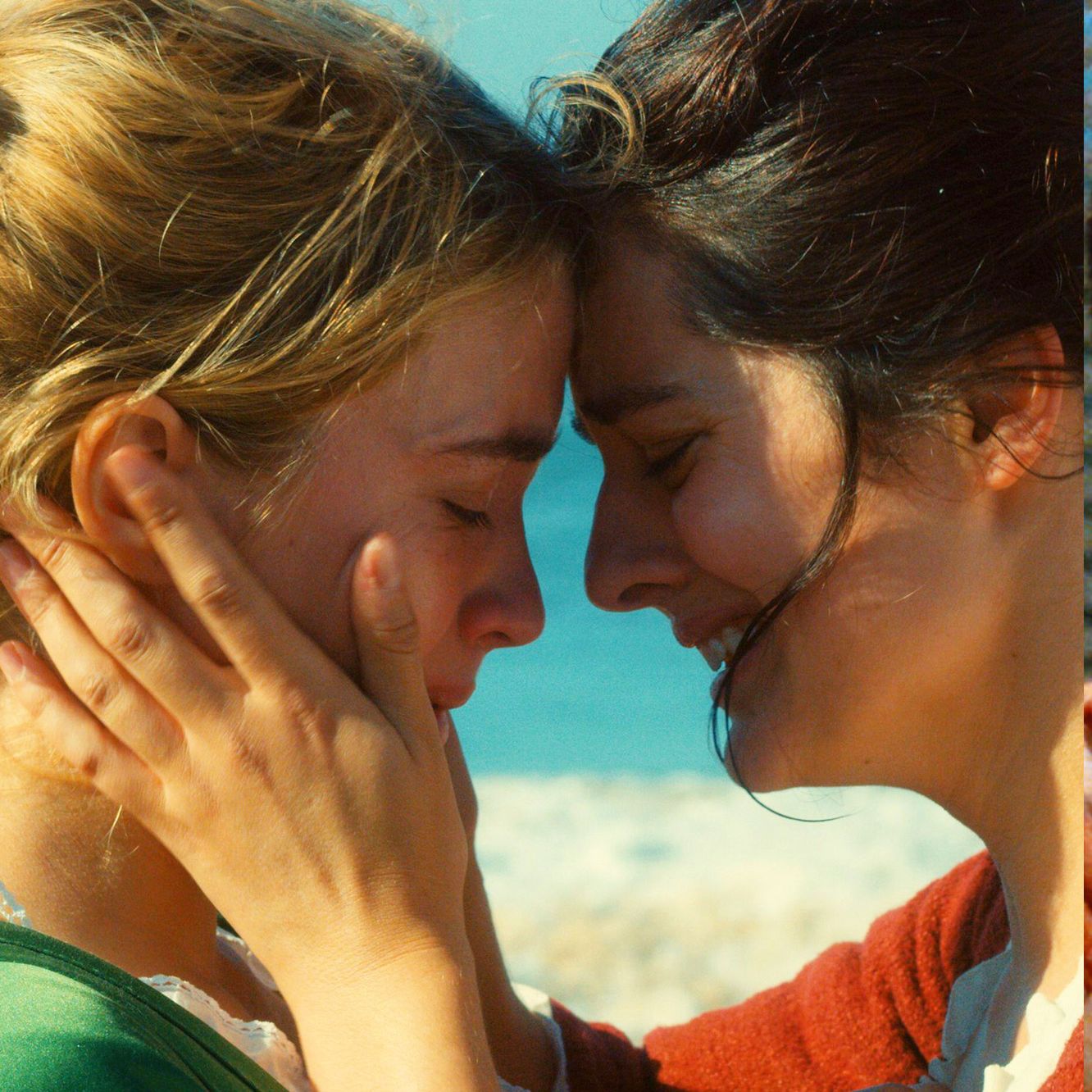
Celebrate Pride By Watching 30 of the Best LGBTQ+ Movies of All Time
From swoon-worthy romances to hilarious queer comedies.
By Katherine J. Igoe Last updated
-
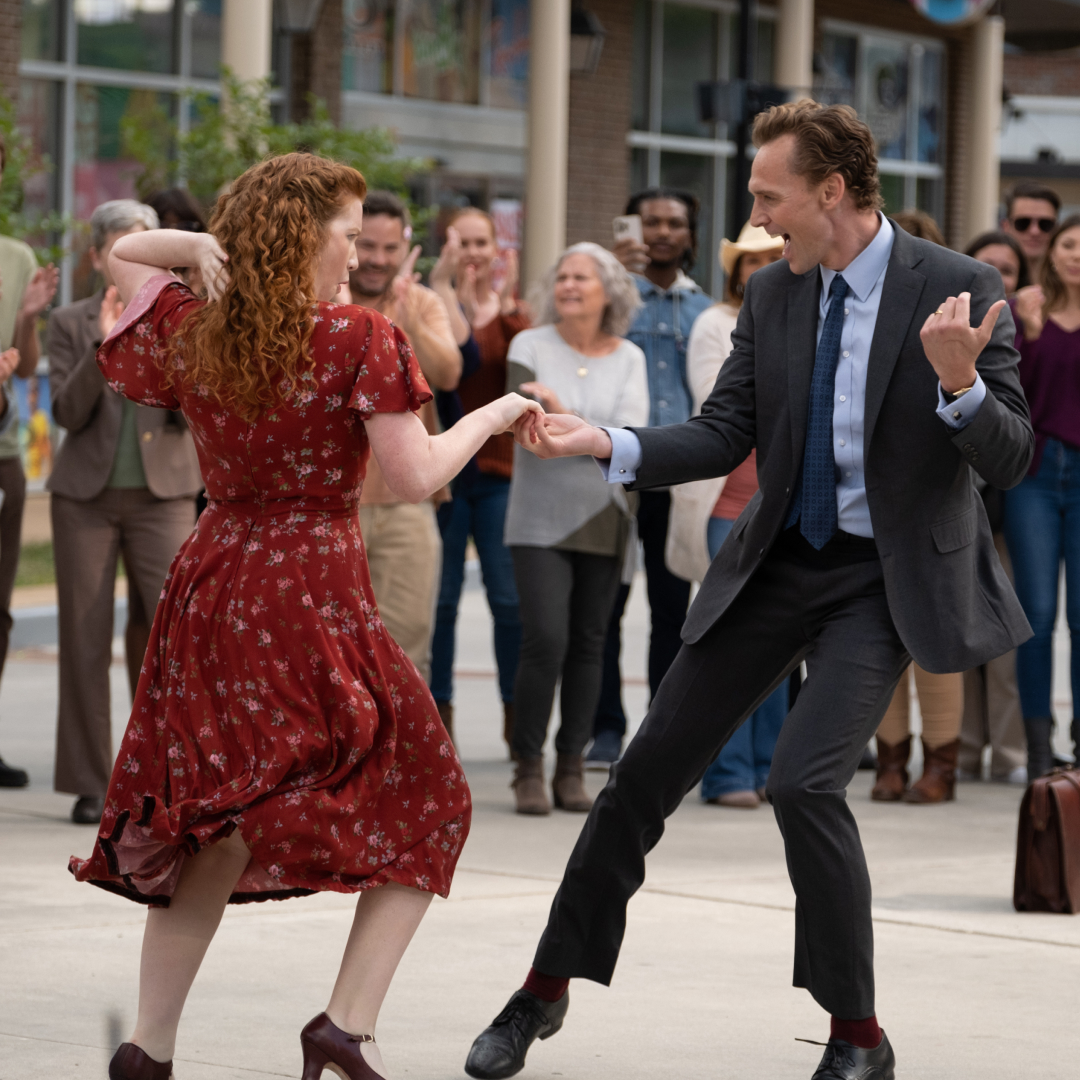
'The Life of Chuck' Is a Dance Movie Unlike Anything Choreographer Mandy Moore Has Ever Worked On
She told us all about that incredible busking sequence and how she taught Tom Hiddleston to move.
By Quinci LeGardye Published
-

Danielle A. Scruggs Noticed Black Female Directors Were Being Overlooked—She Decided to Change That
Her passion project and digital library, Black Women Directors, uplifts women and nonbinary filmmakers.
By Radhika Menon Published
-
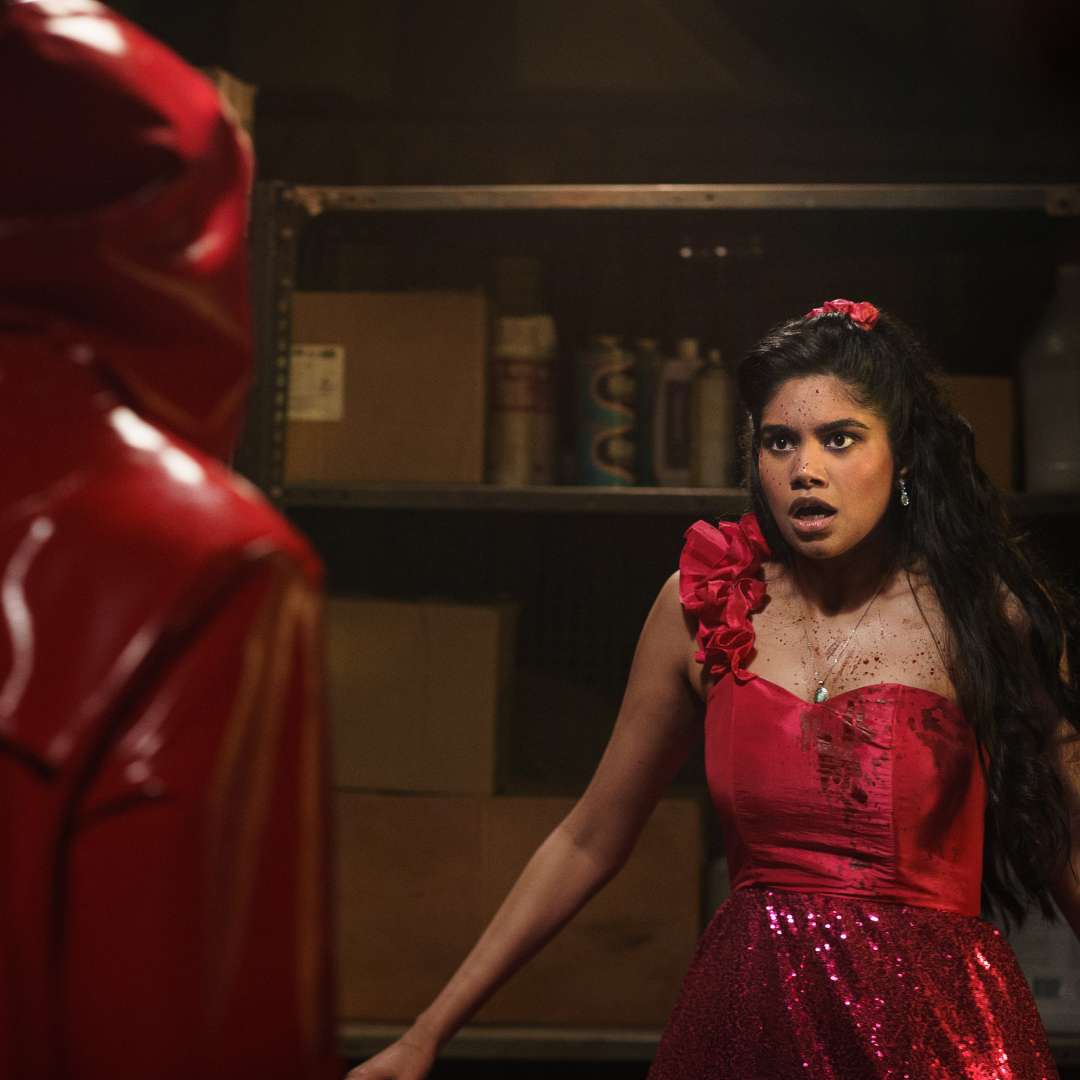
The 'Fear Street: Prom Queen' Cast May Have Wanted to Kill Each Other On-Screen, But They're Besties Off-Screen
Ariana Greenblatt, Rebecca Ablack, and Ella Rubin joined us for a game of, 'How Well Do You Know Your Co-Star?'
By Quinci LeGardye Published
-
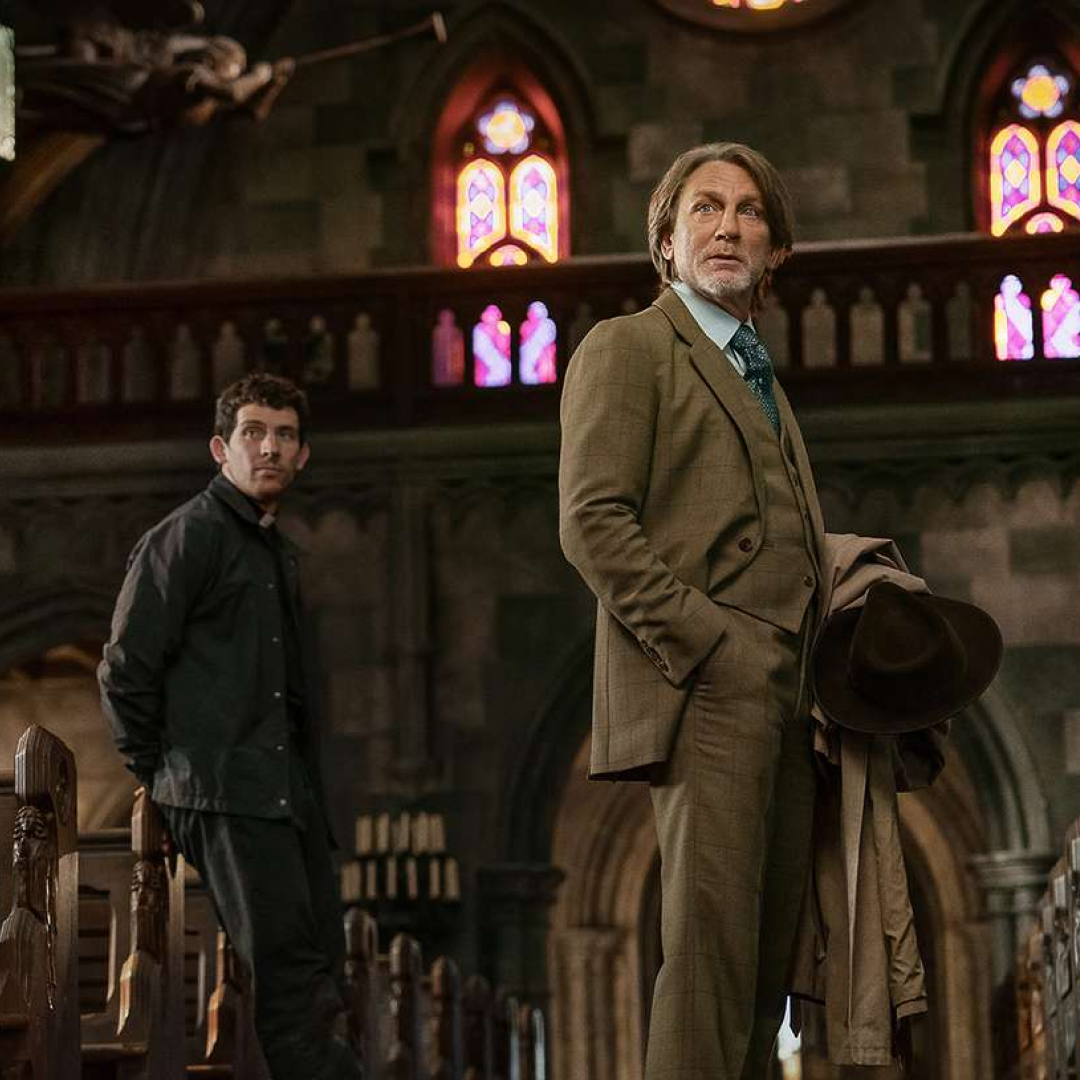
Benoit Blanc Will Return for a Third 'Knives Out' Movie—and It's the “Most Dangerous Case” in the Franchise Yet
Here's what to know about the next whodunnit in the popular Netflix film series.
By Quinci LeGardye Last updated
-
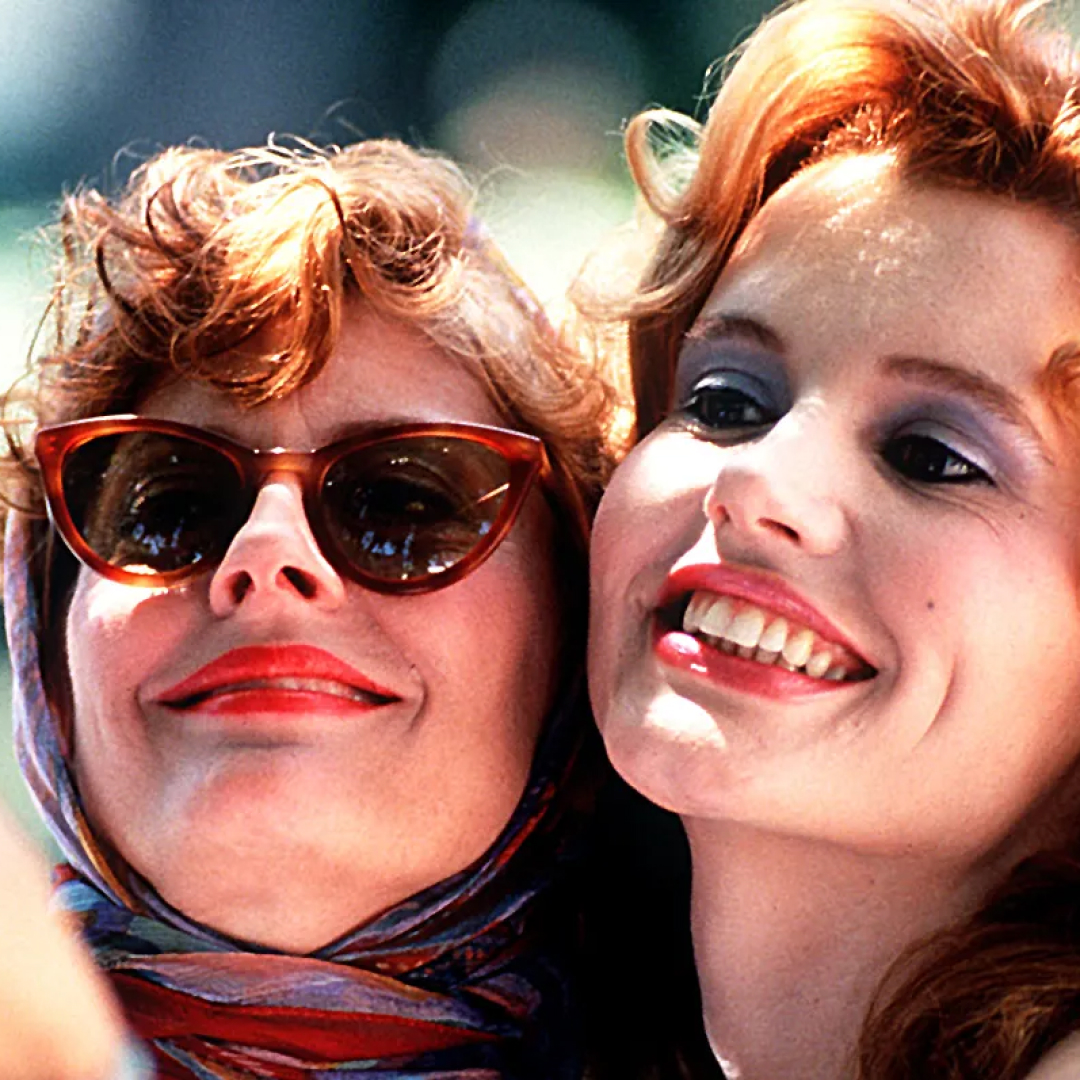
40 Great Feminist Movies That Are Sure to Empower You
Films about women, for women, and made by women.
By Brooke Knappenberger Last updated
-
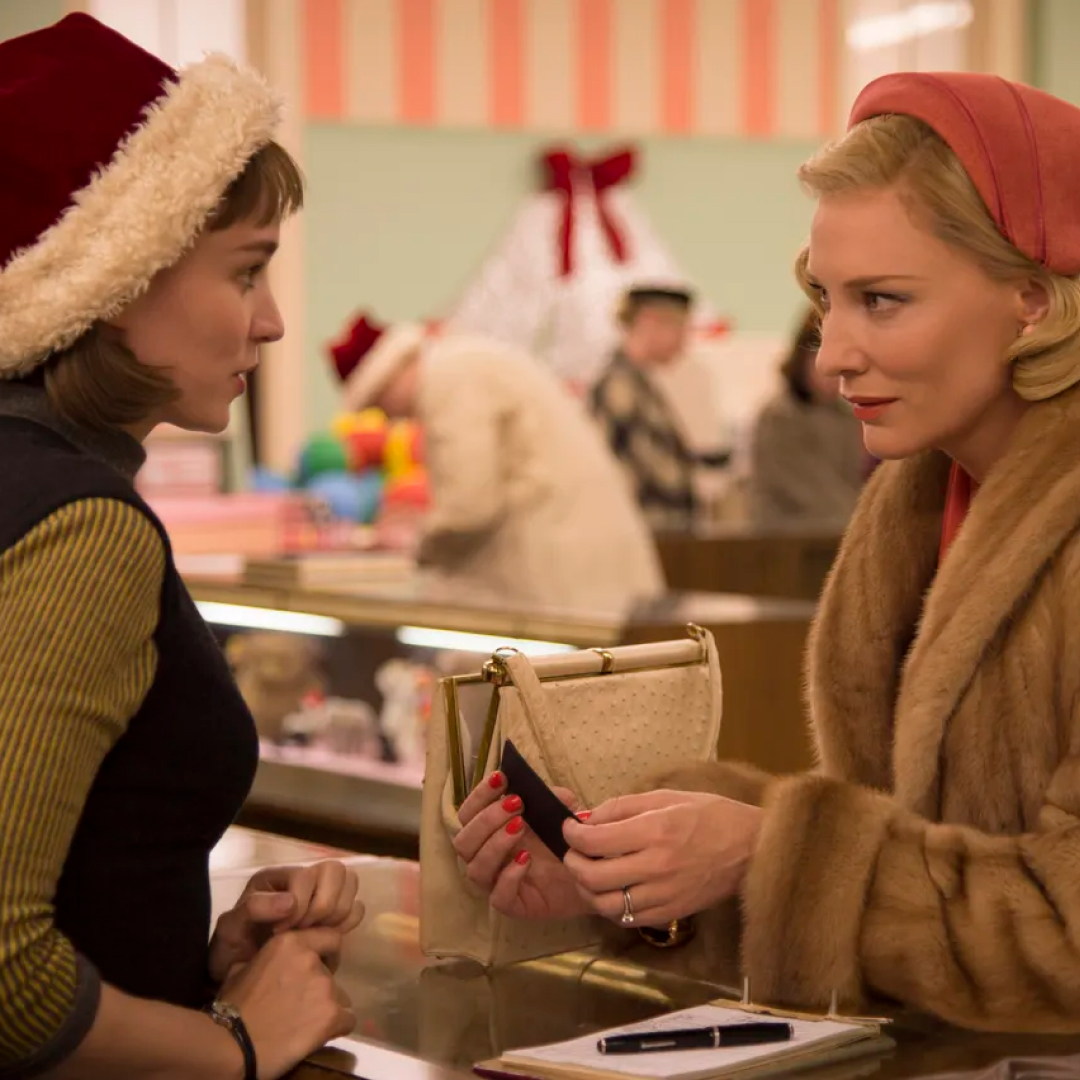
The Best Movies With Lesbian Characters Streaming on Netflix
Until recently, a good lesbian movie was hard to find.
By Melissa Kravitz Hoeffner Last updated
-
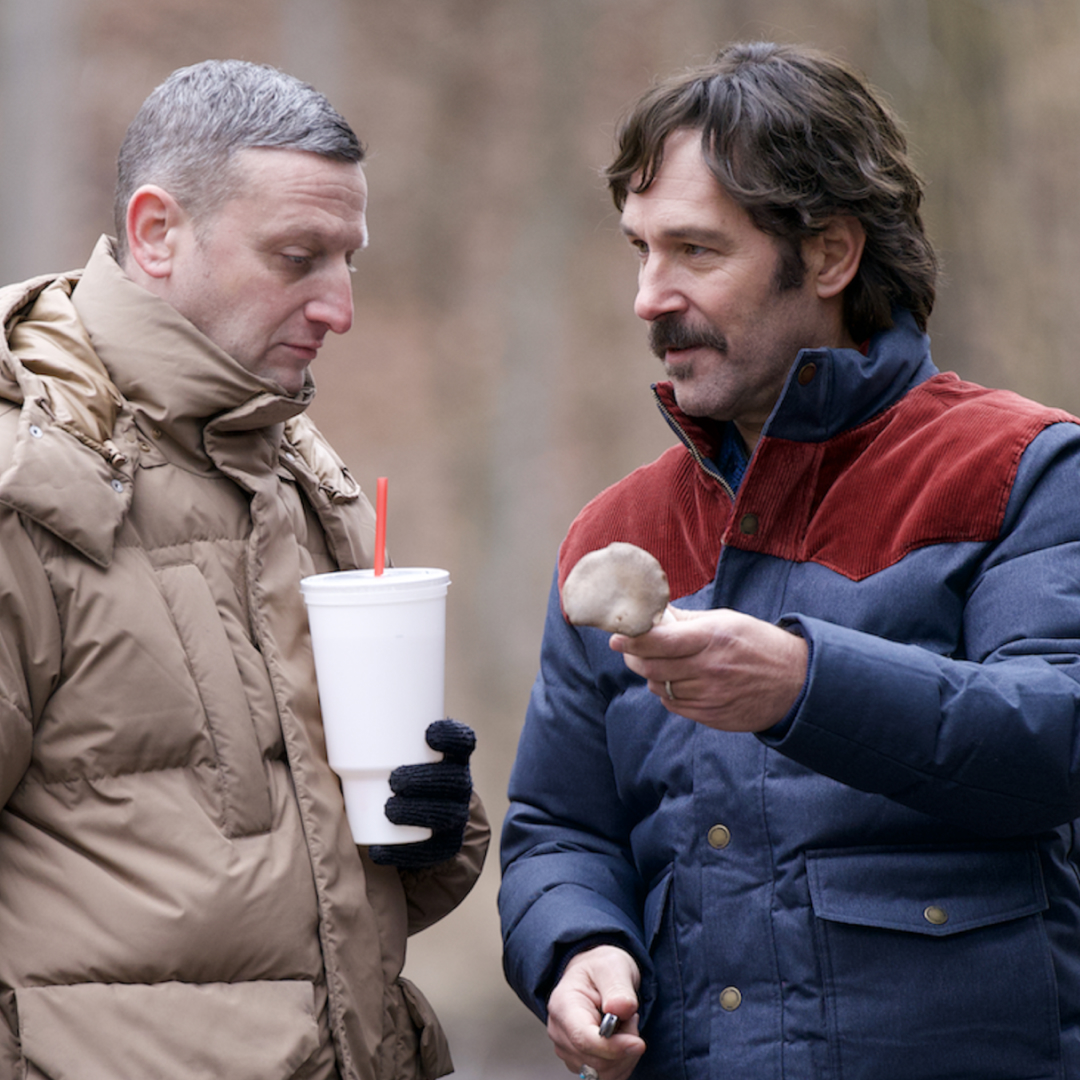
The Only Sane Character in A24's Bromance Movie 'Friendship' Is the Female Lead—and That's By Design
The comedy starring Paul Rudd and Tim Robinson seems to agree that there’s humor to be found in the male loneliness epidemic.
By Sadie Bell Published
-
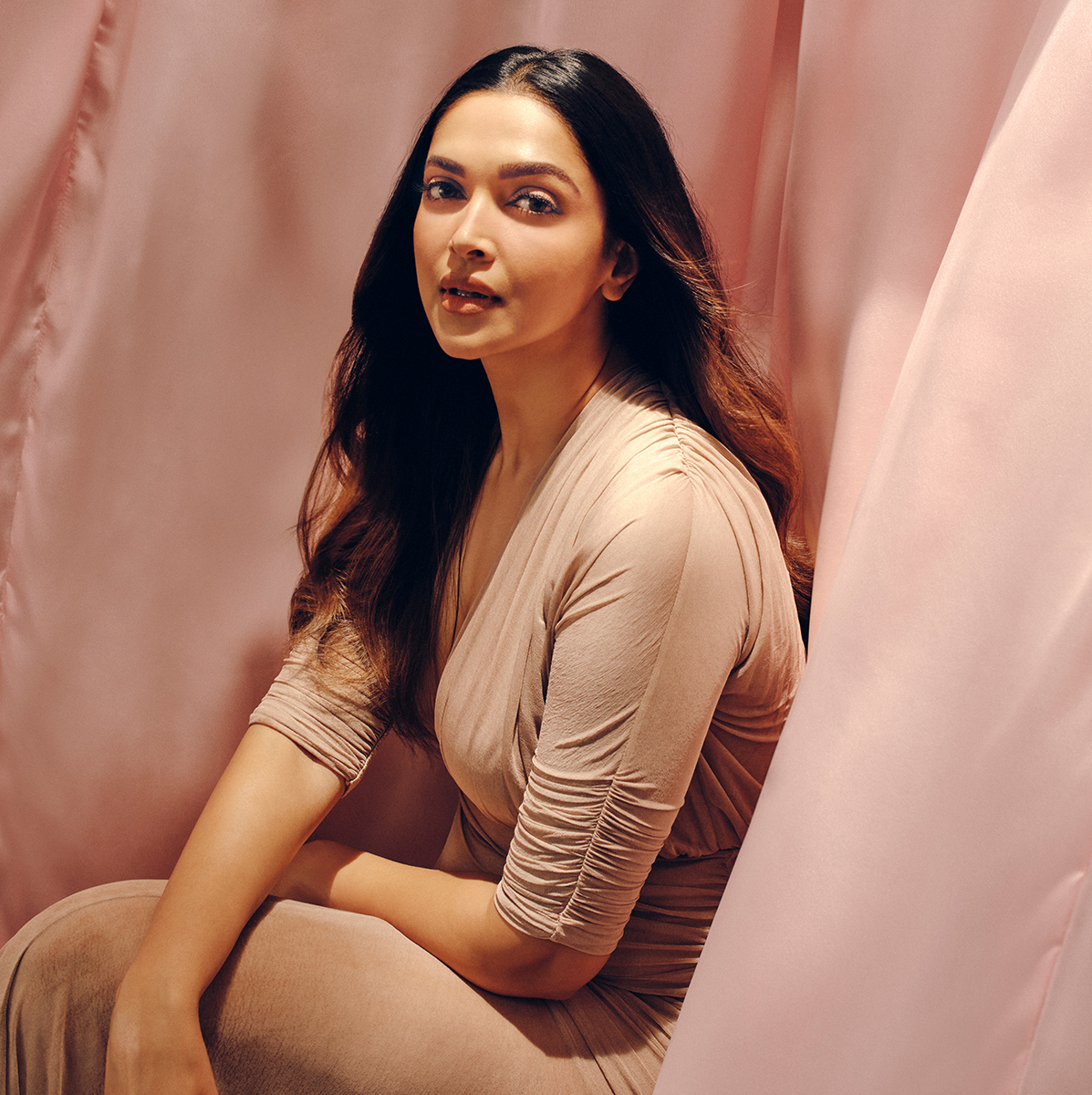
Deepika Padukone Is Living the Dream
The global superstar has conquered film, fashion, and business, but her newest role might be the one she's had her sights on the longest: motherhood. Here, the actress opens up about how having a daughter has re-centered her universe.
By Neha Prakash Published
-
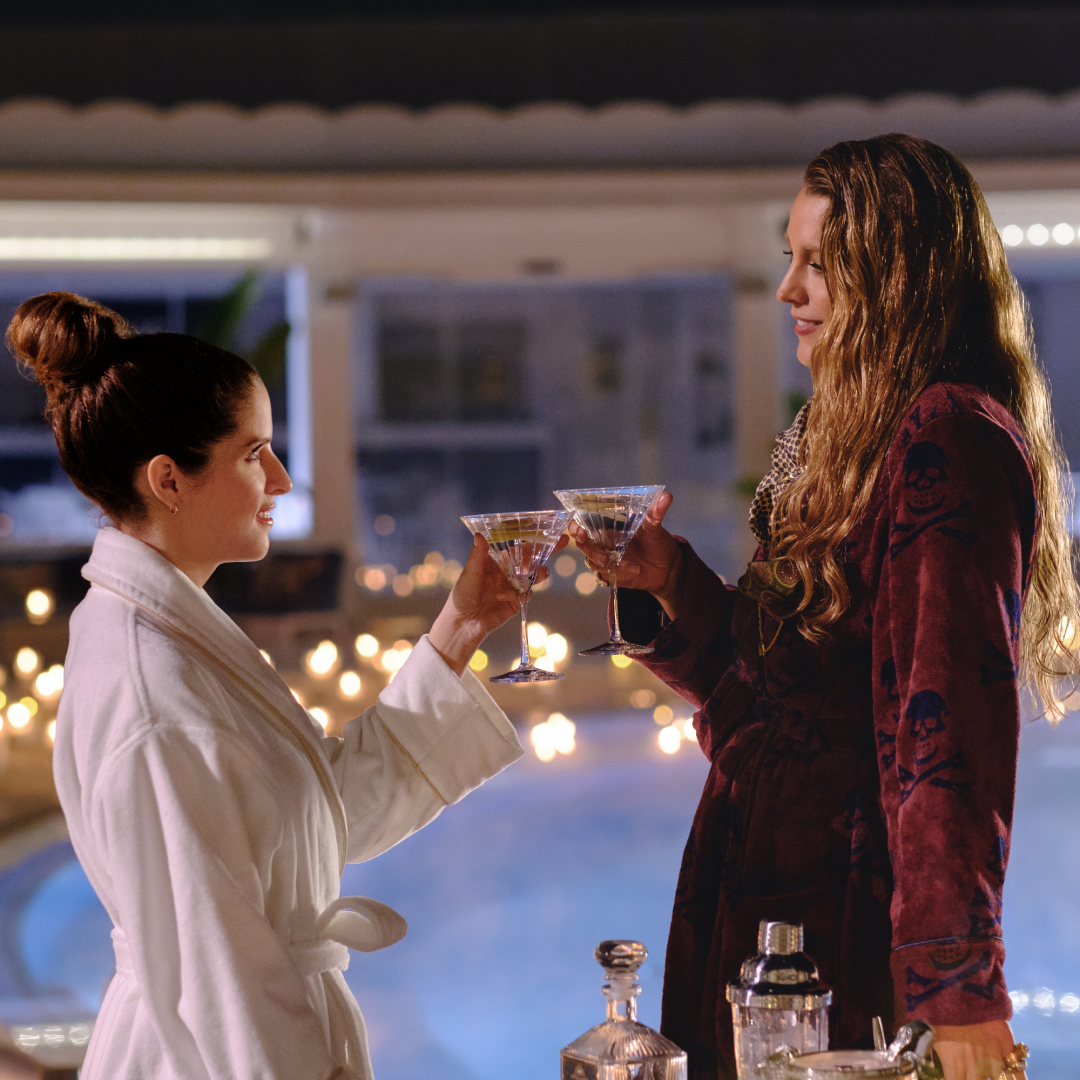
We Had Blake Lively and Anna Kendrick Make Us Martinis and Dish on Filming 'Another Simple Favor' in Italy
The stars and their castmates joined us for a game of 'Mixed Drink' at the premiere of the comedy sequel.
By Quinci LeGardye Published
-
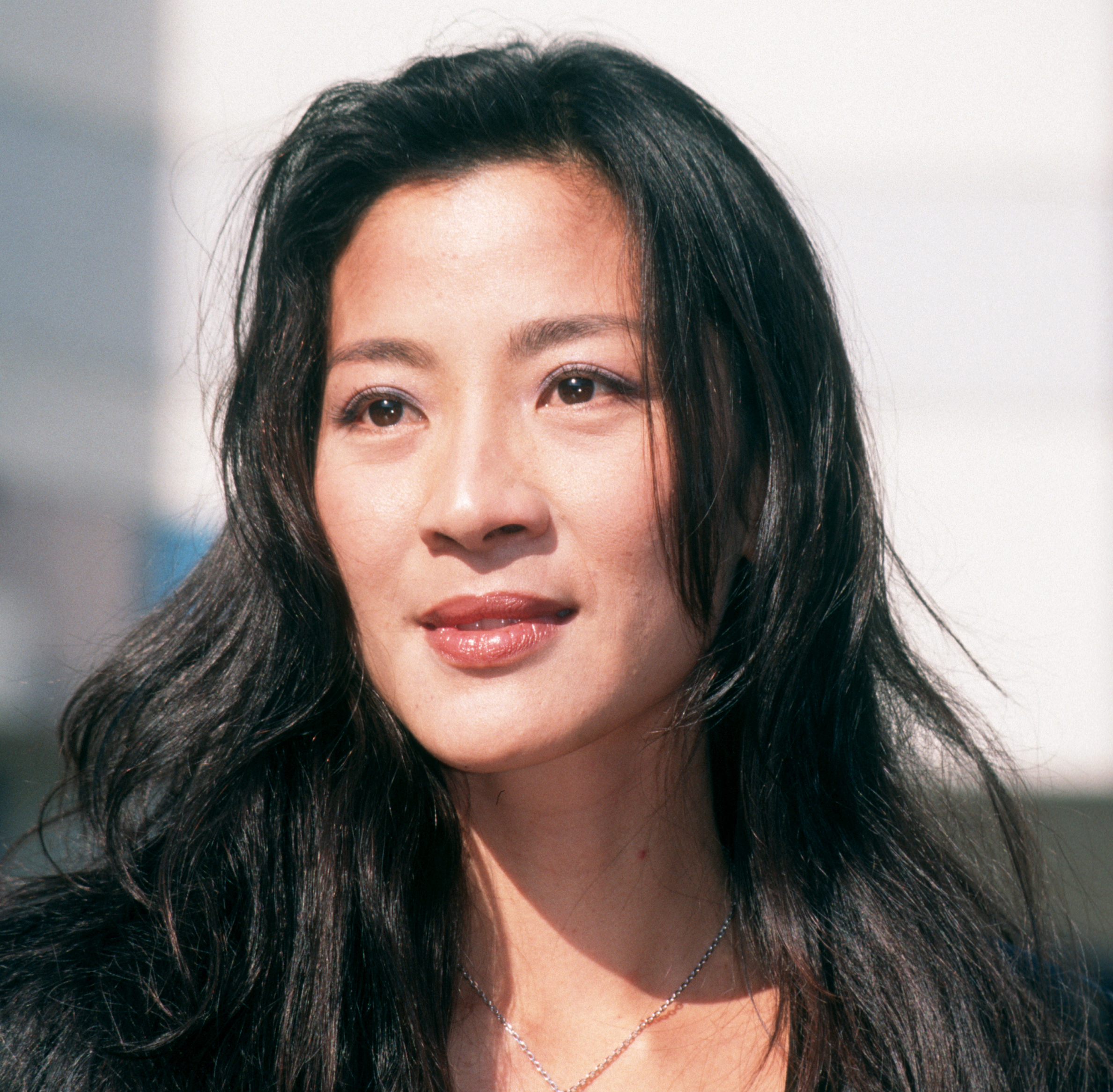
The Coolest Bond Girls Ever
From the '70s through to the present day.
By Katherine J. Igoe Published
-
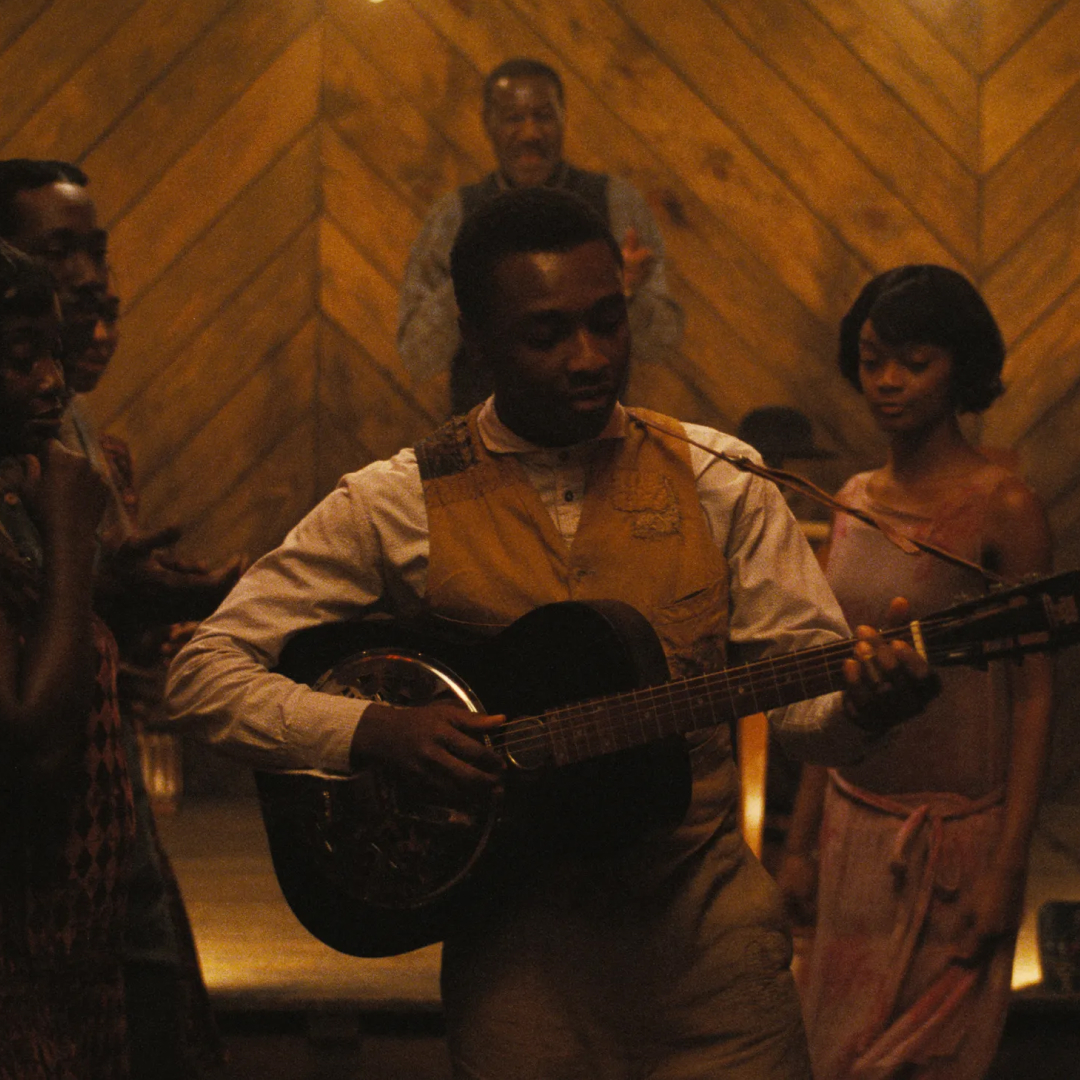
In 'Sinners,' Music From the Past Liberates Us From the Present
In its musical moments, Ryan Coogler's vampire blockbuster makes a powerful statement about Black culture, ancestry, and art.
By Quinci LeGardye Published
-
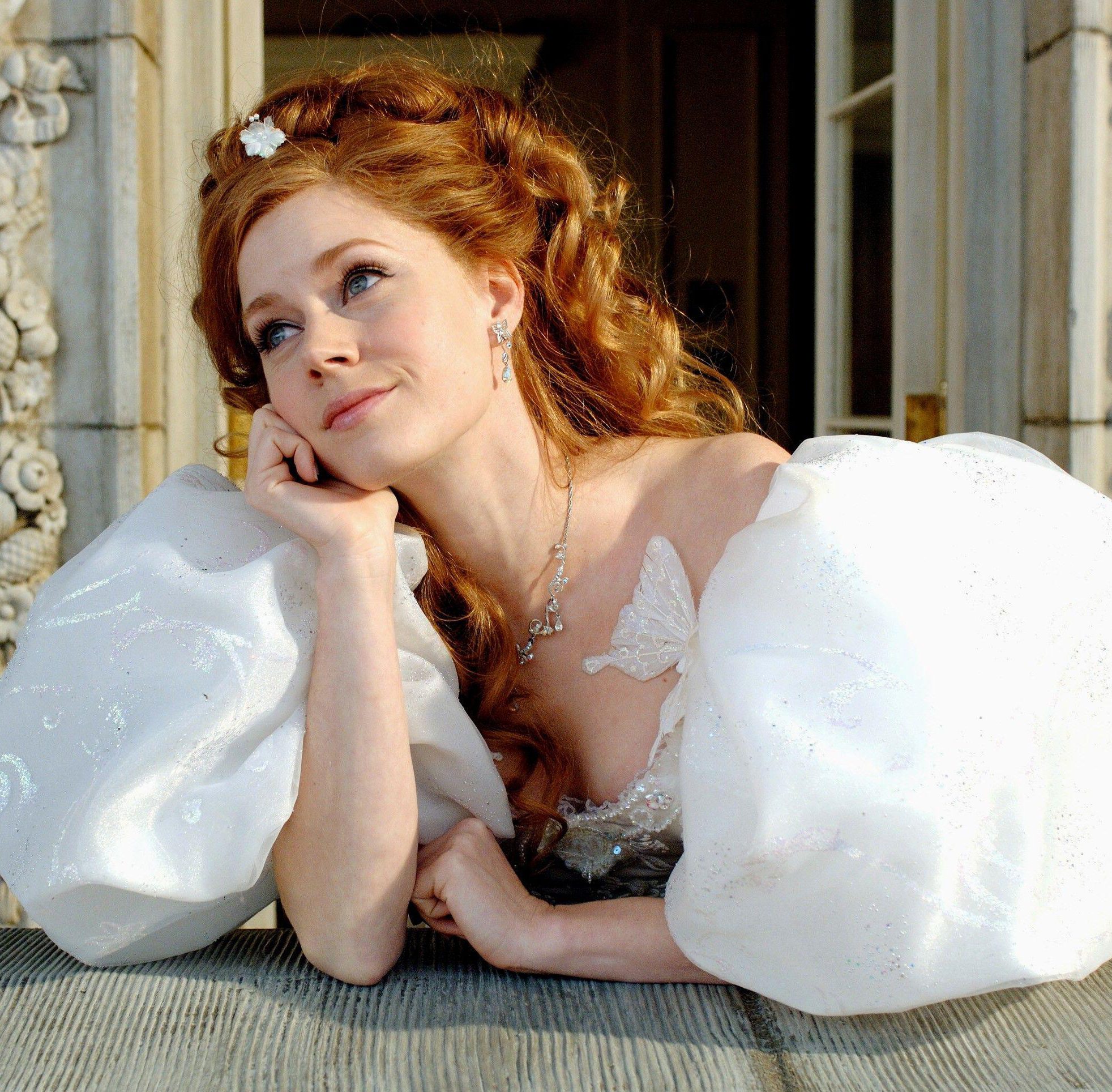
Fairy Tale Movies So Sweet and Fantastical You'll Forget About Reality for A Little While
Princesses, mermaids, and true love's kiss, oh my!
By Katherine J. Igoe Published
-
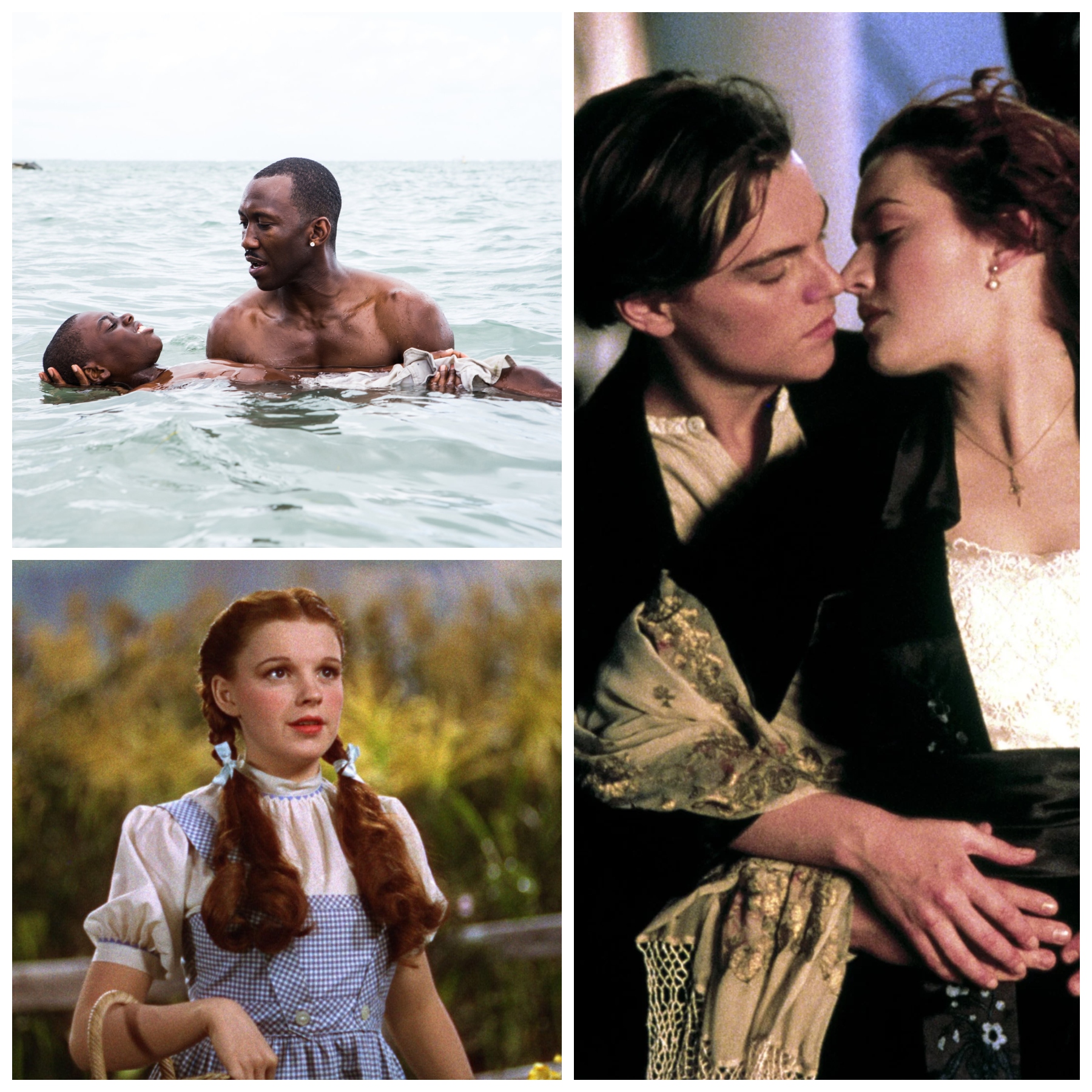
These Are the 100 Films You Have to Watch At Least Once in Your Life
We consider these essential viewing.
By Quinci LeGardye Last updated
-
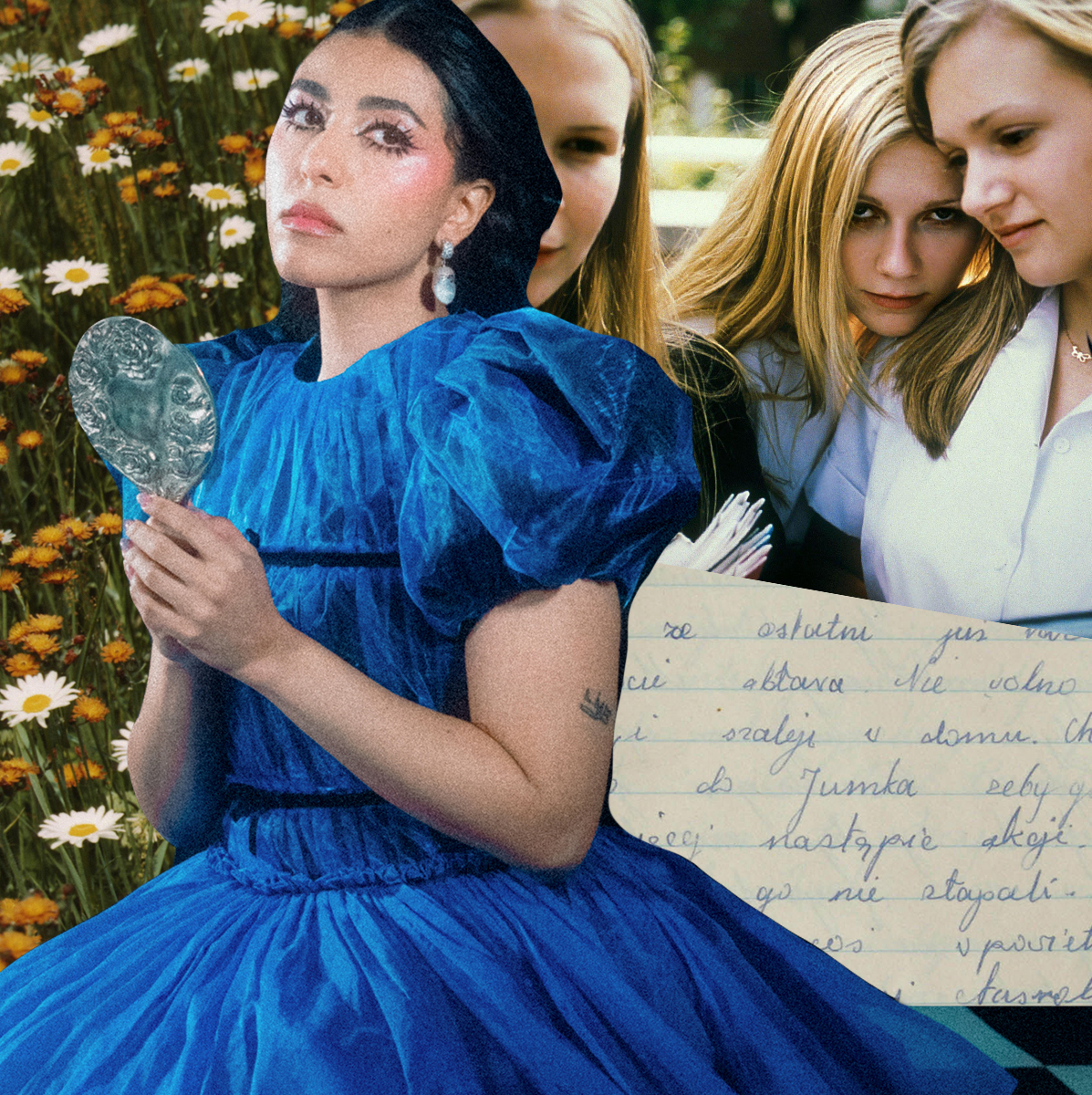
After 25 Years, 'The Virgin Suicides' Is Still Influencing Artists Like Me
To coincide with the film's anniversary, Mia Berrin from Pom Pom Squad reflects on what it's meant to her artistic journey.
By Sadie Bell Published
